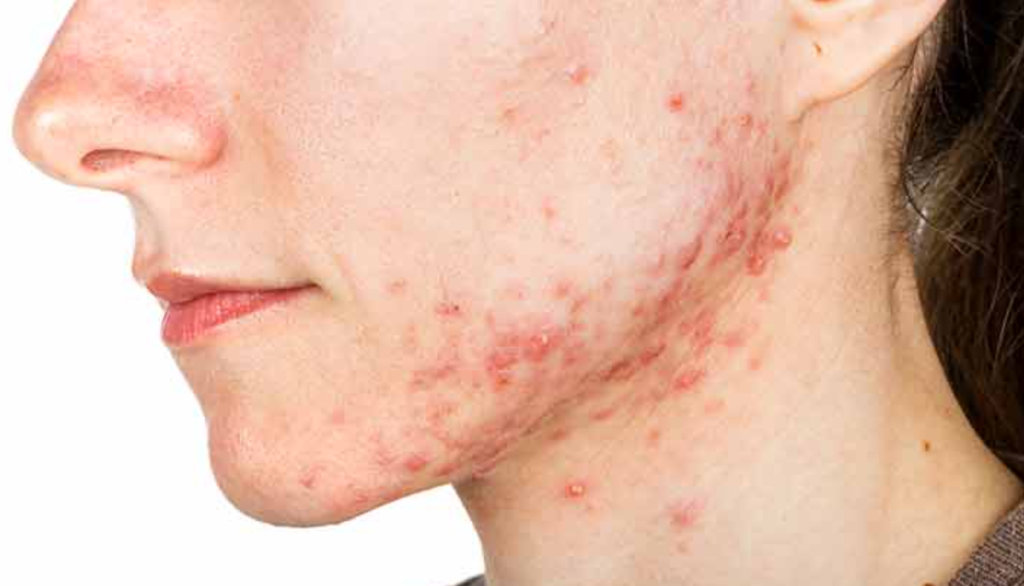Introduction
- Brief overview of acne
- Its impact on individuals
Understanding Acne: A Skin Dilemma
- Definition and types of acne
- Common misconceptions about acne
Genetic Factors and Acne
- How genetics play a role in acne development
- Identifying family history connections
Hormonal Influences on Acne
- The impact of hormones on skin health
- Puberty, menstrual cycles, and acne correlation
Diet and Lifestyle Choices
- Link between diet and acne
- Role of stress and sleep in acne formation
Environmental Factors and Acne
- Pollution and its effect on skin
- Skincare products and their impact
Hygiene Practices
- Importance of proper skincare routine
- Over-cleansing pitfalls
Comedogenic Substances
- Identifying substances that can clog pores
- Choosing non-comedogenic products
The Role of Bacteria
- How bacteria contribute to acne
- Maintaining a healthy skin microbiome
Medications and Acne
- Prescription medications and acne side effects
- Acne as a side effect of certain drugs
Psychological Factors
- Stress, anxiety, and their impact on skin health
- Strategies for managing stress-related acne
Age and Acne
- Acne in different age groups
- Adult-onset acne causes and treatments
Preventing Acne: Practical Tips
- Daily skincare routine recommendations
- Lifestyle changes for acne prevention
Popular Myths About Acne Causes
- Debunking common misconceptions
- Evidence-based information on acne causes
Conclusion
- Summarizing key points
- Emphasizing the multifaceted nature of acne causes
Article
Introduction
Acne, a skin condition affecting millions worldwide, goes beyond mere blemishes on the skin. Its psychological and emotional impact on individuals cannot be overstated. In this comprehensive exploration, we’ll delve into the various factors contributing to acne, unraveling the complex web of causes that often perplex both sufferers and medical professionals.
Understanding Acne: A Skin Dilemma
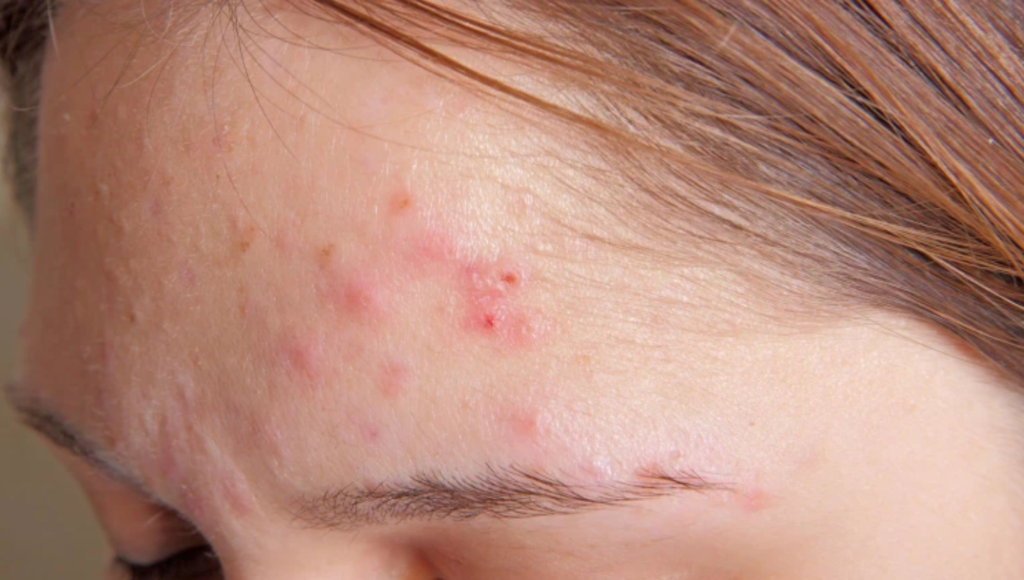
Acne isn’t a singular condition; it comes in various forms, each with its unique characteristics. Understanding the intricacies of acne is crucial for effective management. Unfortunately, misconceptions about acne abound, adding to the challenge of addressing this common skin dilemma.
Genetic Factors and Acne
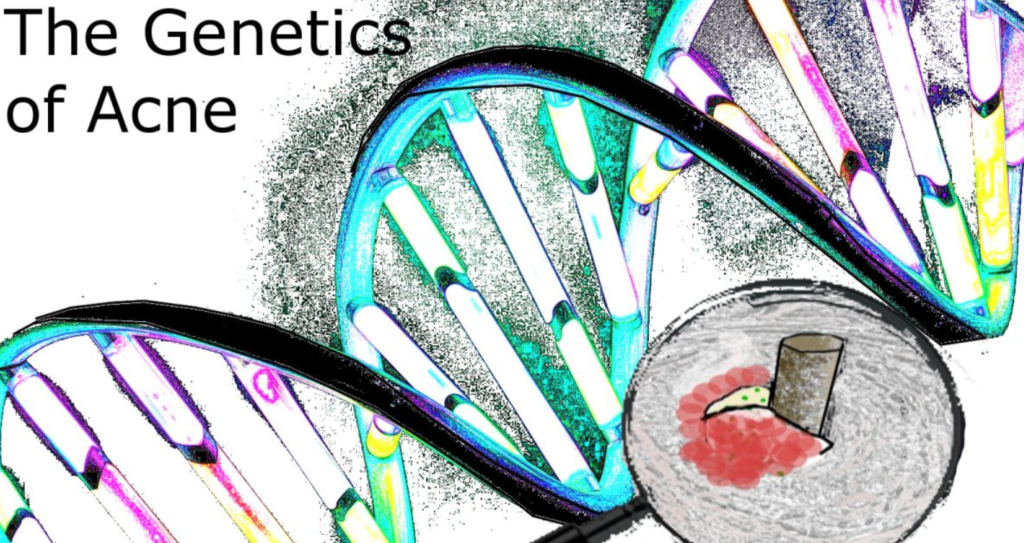
While personal skincare habits matter, genetics also play a significant role in determining one’s susceptibility to acne. Exploring family histories can provide valuable insights into understanding and managing this hereditary aspect of the condition.
Hormonal Influences on Acne
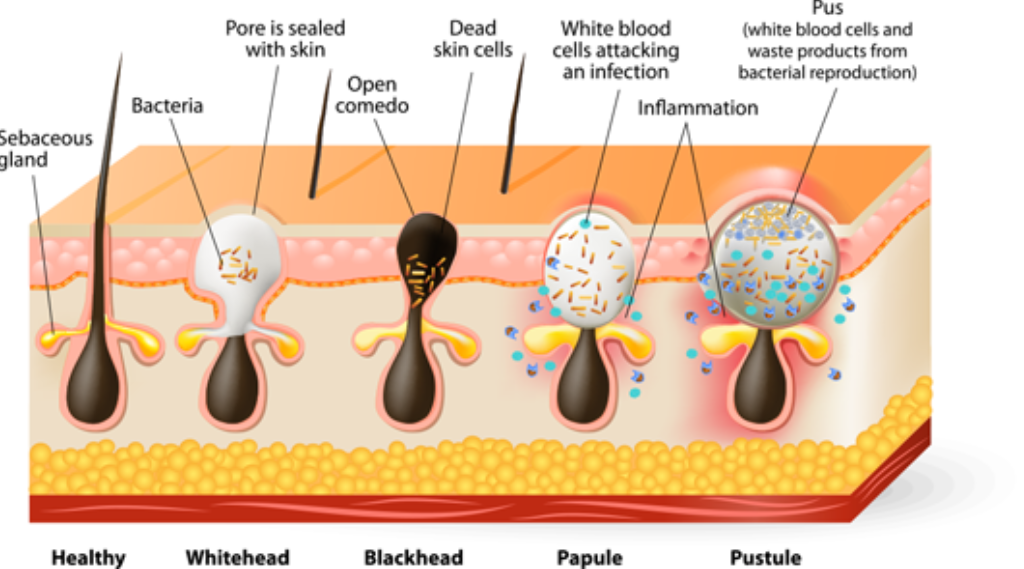
Hormones, especially during puberty and menstrual cycles, can trigger acne breakouts. This section will shed light on the intricate relationship between hormonal fluctuations and skin health, offering guidance on managing acne during these hormonal surges.
Diet and Lifestyle Choices
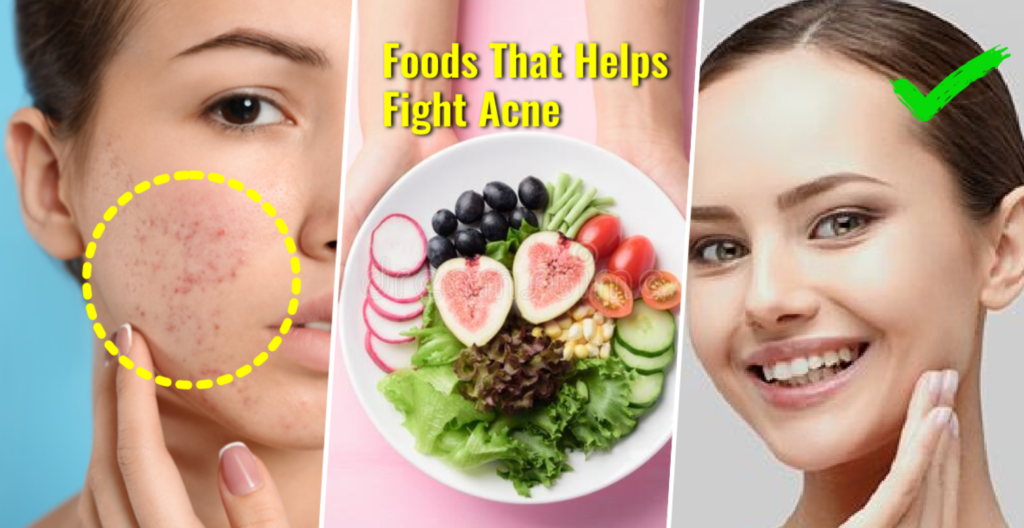
The saying “you are what you eat” holds true when it comes to acne. This section will examine the connection between dietary choices and acne, emphasizing the role of lifestyle factors such as stress and sleep in skin health.
Environmental Factors and Acne
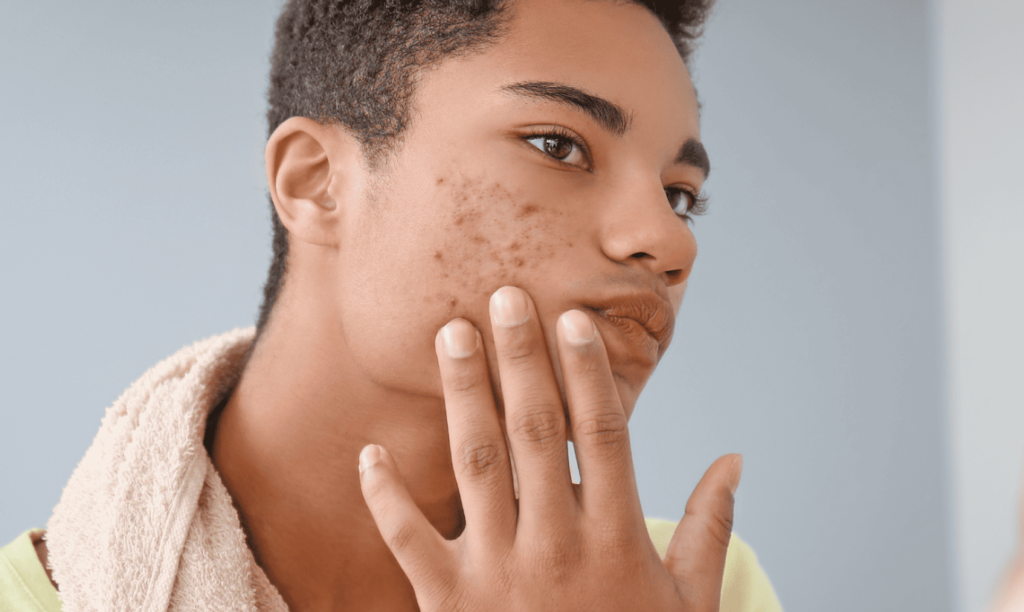
The world we live in can contribute to acne development. Pollution and the use of certain skincare products may exacerbate skin issues. Understanding and mitigating these environmental factors are crucial for effective acne management.
Hygiene Practices
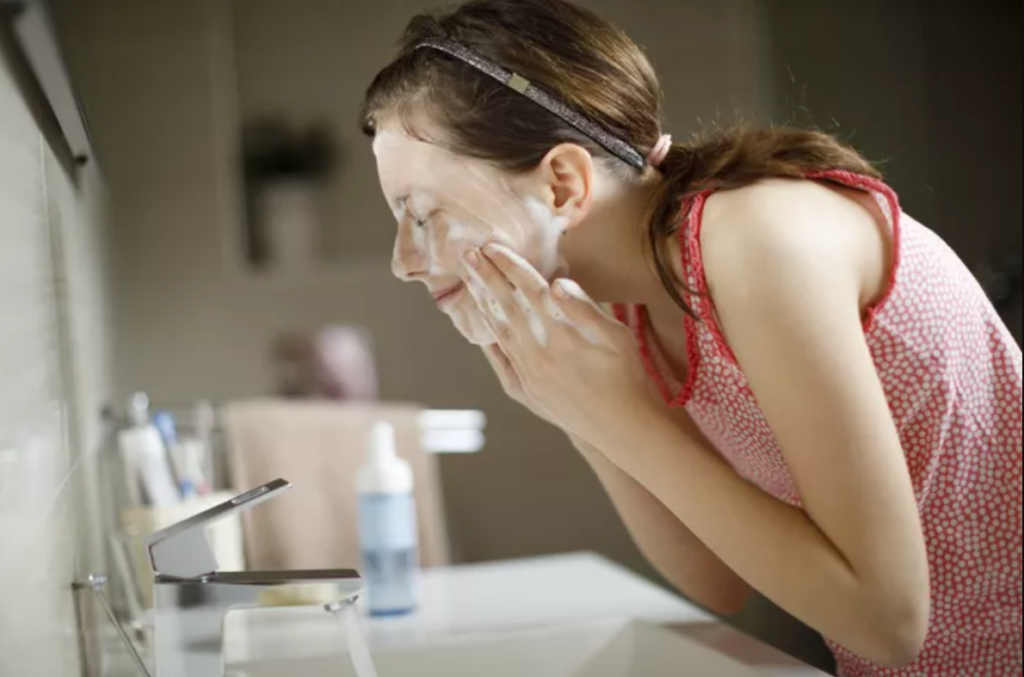
Maintaining proper hygiene is a cornerstone of healthy skin, but there’s a fine line between cleanliness and over-cleansing. This section will offer practical tips for a balanced skincare routine, highlighting common pitfalls to avoid.
Comedogenic Substances
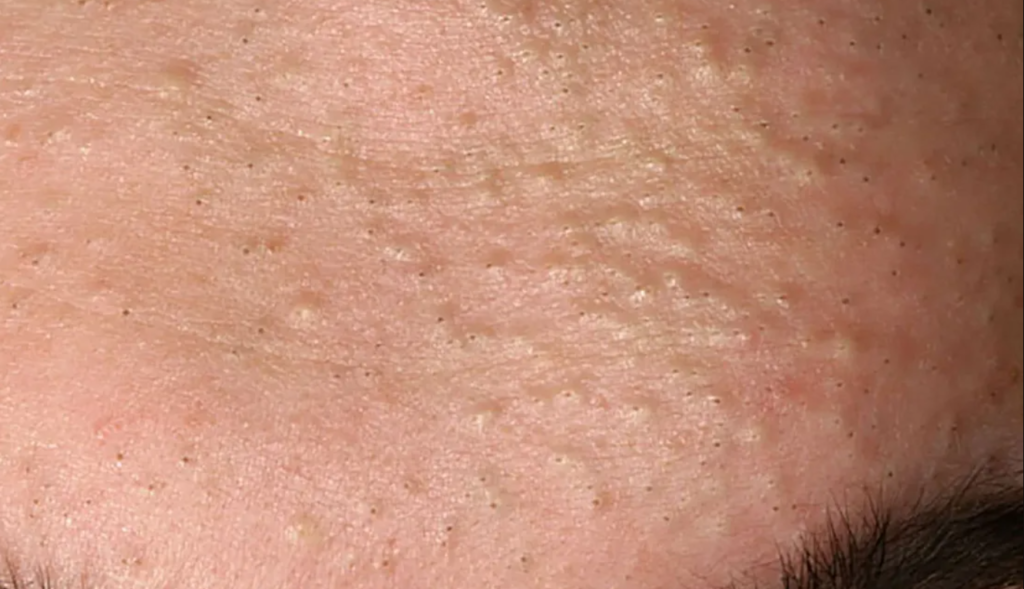
Certain substances found in skincare products and cosmetics can clog pores, leading to acne. Learn to identify and choose non-comedogenic products to promote skin health.
The Role of Bacteria in Acne
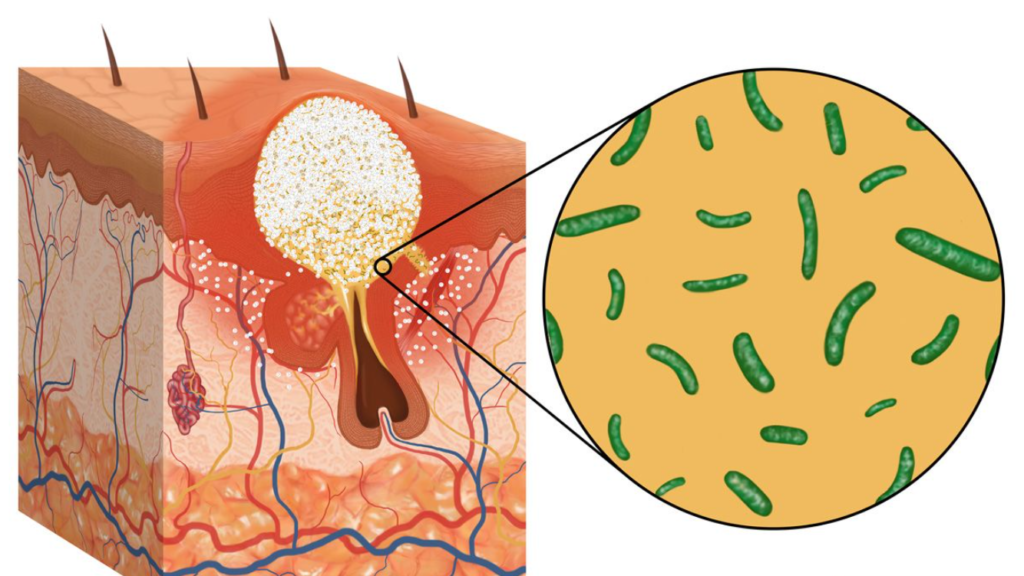
Contrary to popular belief, not all bacteria are harmful to the skin. This section will elucidate the role of bacteria in acne and discuss strategies for maintaining a healthy skin microbiome.
Medications and Acne
Prescription medications can sometimes have acne as a side effect. Understanding the relationship between certain drugs and acne is essential for informed healthcare decisions.
Psychological Factors
Stress and anxiety can take a toll on skin health, contributing to acne development. This section will explore the mind-skin connection and offer practical strategies for managing stress-related acne.
Age and Acne
Acne isn’t limited to adolescence; it can affect individuals of all ages. This section will examine acne in different age groups, with a focus on adult-onset acne causes and treatments.
Preventing Acne: Practical Tips
Prevention is often more manageable than treatment. This section will provide actionable tips for a daily skincare routine and suggest lifestyle changes that can significantly reduce the risk of acne.
Popular Myths About Acne Causes
Dispelling myths is crucial for understanding the true causes of acne. This section will debunk common misconceptions, providing evidence-based information to empower readers with accurate knowledge.
Conclusion
In conclusion, acne is a multifaceted condition with diverse causes. By understanding the interplay of genetics, hormones, lifestyle, and environmental factors, individuals can take proactive steps to manage and prevent acne effectively.
Frequently Asked Questions (FAQs)
Is acne solely caused by poor hygiene habits?
- No, while maintaining good hygiene is essential, acne has various causes, including genetic factors, hormones, and environmental influences.
Can stress really cause acne?
- Yes, stress can contribute to hormonal imbalances that may trigger acne breakouts. Managing stress is a crucial aspect of acne prevention.
Are there specific foods that cause acne?
- Certain studies suggest a connection between high-glycemic foods and dairy with acne. However, individual responses to dietary factors vary.
Can adults develop acne?
- Absolutely. Acne is not exclusive to teenagers; it can affect individuals of all ages, with adult-onset acne being a common occurrence.
How long does it take to see results from acne treatments?
- The timeline for seeing results varies depending on the treatment method. Consistency is key, and it’s advisable to consult with a dermatologist for personalized advice.

